Car Race
✅ Blood pressure control
✅ Heart health maintenance
✅ Stroke risk reduction
✅ Kidney protection
✅ Improved circulation
Car-Race contains Ramipril.
Product Overview
Car-Race is a pharmaceutical formulation containing Ramipril as its active component. Presented in tablet form for oral ingestion, this medication falls under the category of ACE inhibitors – a class of drugs primarily employed in managing hypertension (elevated blood pressure), cardiac insufficiency, and post-myocardial infarction recovery enhancement. The Car-Race tablet formulation is designed to offer convenient and efficacious cardiovascular condition management.
Therapeutic Applications
Car-Race tablets are principally indicated for:
– Hypertension management
– Cardiac failure treatment
– Cardiovascular risk reduction in high-risk patients (including prevention of myocardial infarction, cerebrovascular accidents, and cardiovascular mortality)
– Enhancement of survival rates and reduction of heart failure-related hospitalizations
Administration Guidelines
For optimal results:
– Ingest tablets whole with adequate water
– May be taken irrespective of meal times
– Adhere strictly to prescribed dosage regimen
– Maintain consistent dosing schedule
– Tablets should not be crushed or chewed
Mechanism of Action
Ramipril exerts its therapeutic effect through selective inhibition of angiotensin-converting enzyme (ACE). This inhibition:
– Blocks conversion of angiotensin I to angiotensin II (a potent vasoconstrictor)
– Promotes vasodilation
– Reduces peripheral vascular resistance
– Enhances cardiac output
– Improves overall circulatory efficiency
Dosage Protocol
Dosage varies according to:
– Clinical indication
– Patient-specific factors
– Therapeutic response
Standard dosing:
– Hypertension: Initial 2.5-5 mg once daily, titrated gradually
– Heart failure: Commence with 1.25 mg daily under medical supervision
– Post-MI: Typically 5 mg twice daily
Therapeutic Advantages
Car-Race offers multiple clinical benefits:
- Effective blood pressure regulation
- Cardiovascular event risk reduction
- Improved cardiac function in heart failure
- Enhanced prognosis in high-risk patients
- Convenient once-daily dosing (for most indications)
- Established safety profile
Adverse Effects
Commonly reported reactions include:
– Cephalgia
– Vertigo
– Asthenia
– Persistent cough
– Gastrointestinal disturbances (nausea, emesis, diarrhea)
Note: Most adverse effects are dose-dependent and transient. Persistent symptoms warrant medical consultation.
Precautions
Special considerations:
– Contraindicated in pregnancy (risk of fetotoxicity)
– Caution required in patients with:
– Renal impairment
– Hepatic dysfunction
– History of angioedema
– Potential hyperkalemia risk with concomitant potassium supplements
– Requires comprehensive medication review prior to initiation
Storage Conditions
Optimal storage parameters:
– Maintain at controlled room temperature (15-30°C)
– Protect from moisture and light
– Keep in original packaging
– Ensure secure storage away from pediatric access
– Discard expired medication appropriately
Medical Disclaimer
The information provided herein is intended for educational purposes only and should not supersede professional medical advice. While we strive for accuracy, this content may not encompass all potential:
– Adverse reactions
– Drug interactions
– Contraindications
We strongly recommend:
– Comprehensive consultation with qualified healthcare providers
– Thorough discussion of all therapeutic options
– Regular medical supervision during treatment
This resource aims to complement, not replace, the essential physician-patient relationship.
| Strength | 10 mg |
|---|---|
| Quantity | 30 Tablet/s, 60 Tablet/s, 90 Tablet/s, 180 Tablet/s |
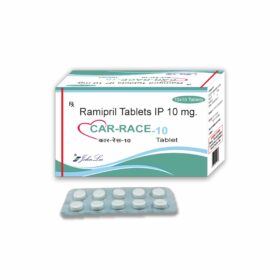 Car Race
Car Race









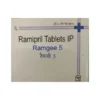
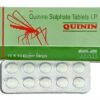
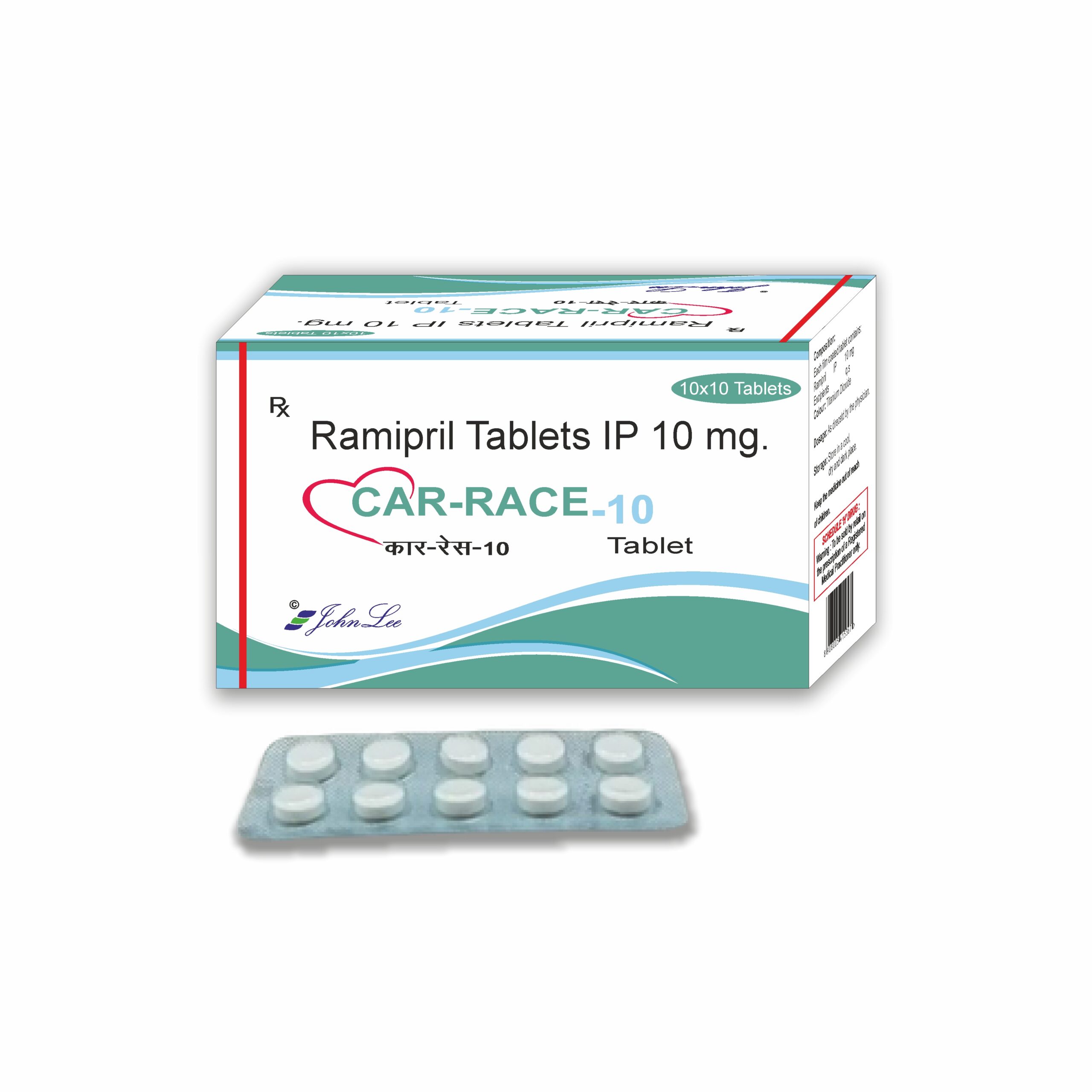
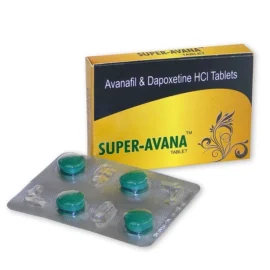
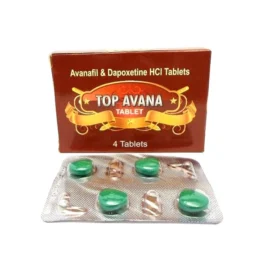
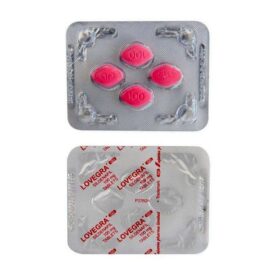

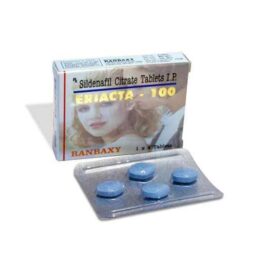
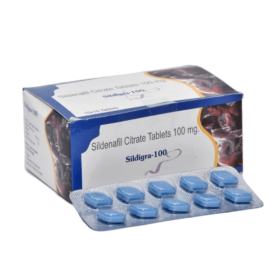
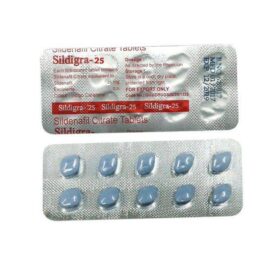

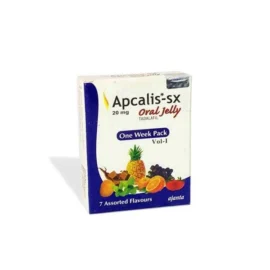
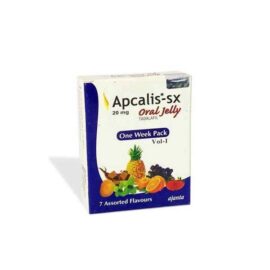
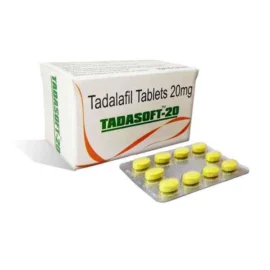
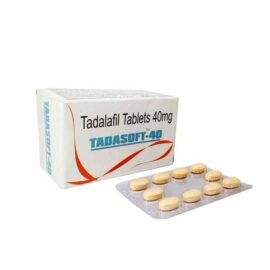
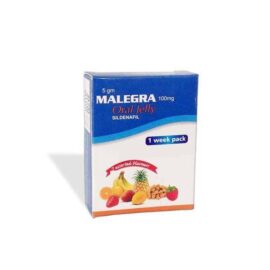
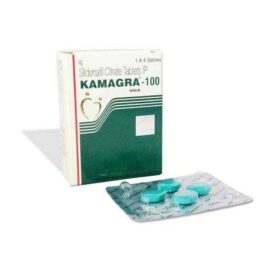
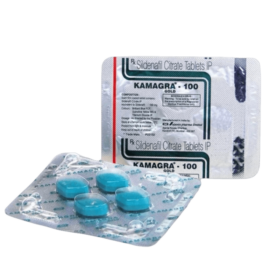


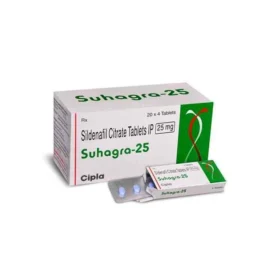
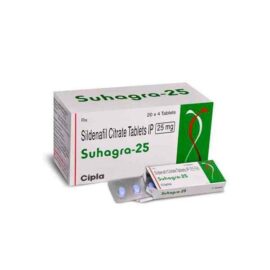
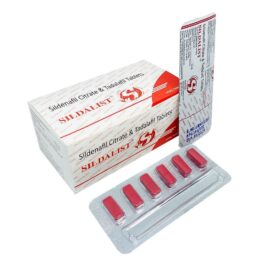
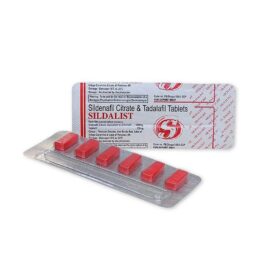
Reviews
There are no reviews yet